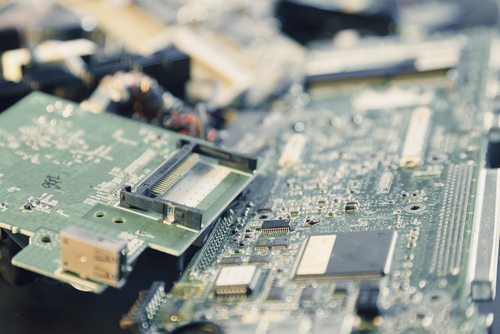 BlueOak Arkansas, a circuit board processing operation that received significant attention for its use of a plasma furnace, appears to be shuttering.
BlueOak Arkansas, a circuit board processing operation that received significant attention for its use of a plasma furnace, appears to be shuttering.

 Colin Staub was a reporter and associate editor at Resource Recycling until August 2025.
Colin Staub was a reporter and associate editor at Resource Recycling until August 2025. BlueOak Arkansas, a circuit board processing operation that received significant attention for its use of a plasma furnace, appears to be shuttering.
BlueOak Arkansas, a circuit board processing operation that received significant attention for its use of a plasma furnace, appears to be shuttering.
 A Canadian e-scrap operator has filed a defamation lawsuit against the Basel Action Network (BAN) after the Seattle-based watchdog group accused the business of exporting electronics to developing nations.
A Canadian e-scrap operator has filed a defamation lawsuit against the Basel Action Network (BAN) after the Seattle-based watchdog group accused the business of exporting electronics to developing nations.
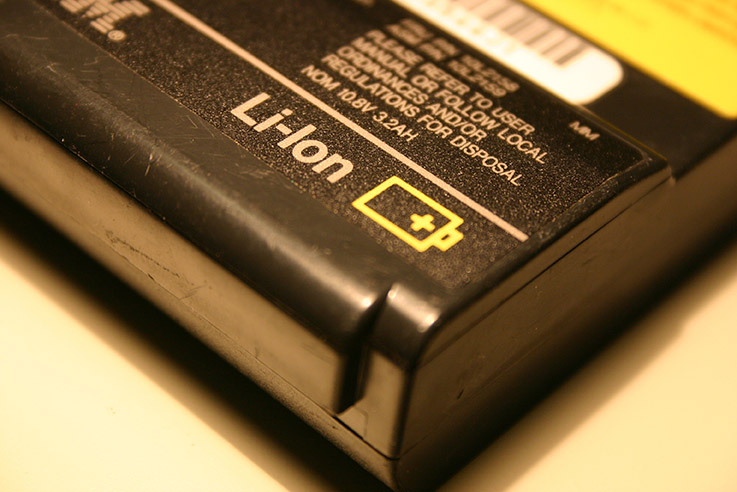 An International Fire Code amendment that would have impacted e-scrap operators has been rejected.
An International Fire Code amendment that would have impacted e-scrap operators has been rejected.
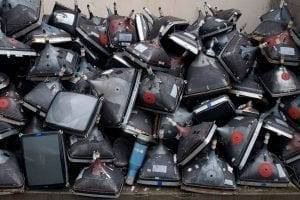 Electronics manufacturers are proposing a nationwide point-of-sale fee to fund recycling of CRT devices, an industry group announced last week.
Electronics manufacturers are proposing a nationwide point-of-sale fee to fund recycling of CRT devices, an industry group announced last week.
 Federal regulators are considering a proposal to ban exports of unprocessed e-scrap and require stringent tracking procedures for exports that are still allowed.
Federal regulators are considering a proposal to ban exports of unprocessed e-scrap and require stringent tracking procedures for exports that are still allowed.
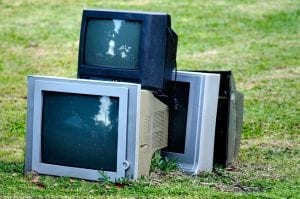 Federal charges have been filed against the owner of an Iowa e-scrap company, marking the latest of several legal cases related to the company’s alleged improper storage of CRTs and other e-scrap.
Federal charges have been filed against the owner of an Iowa e-scrap company, marking the latest of several legal cases related to the company’s alleged improper storage of CRTs and other e-scrap.
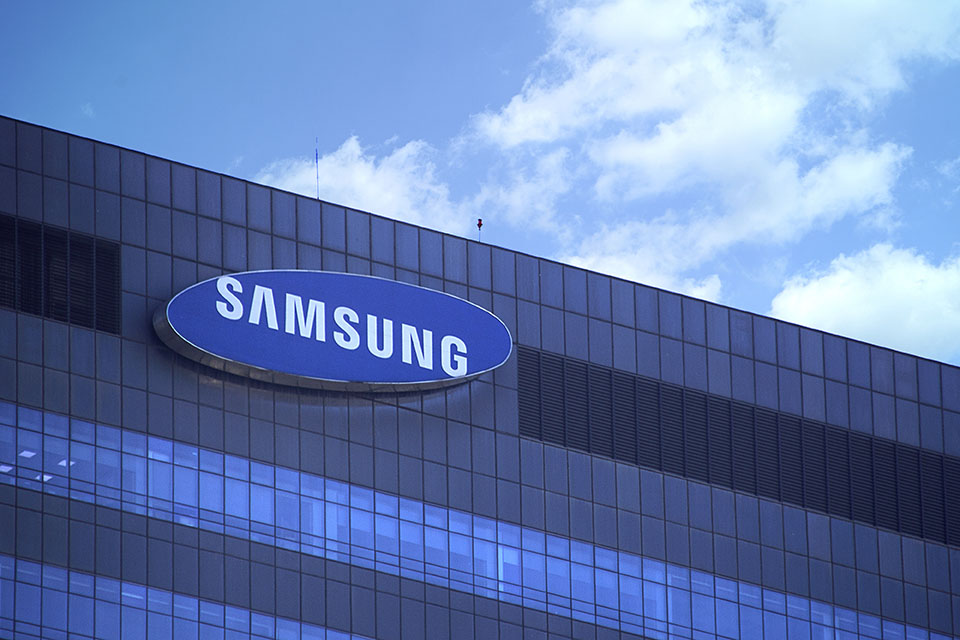 A major OEM will voluntarily monitor its downstream e-scrap movement with a GPS tracking service from the Basel Action Network (BAN).
A major OEM will voluntarily monitor its downstream e-scrap movement with a GPS tracking service from the Basel Action Network (BAN).
 Improper storage of e-scrap at a Colorado prison has spurred a lawsuit involving the highest public officials in the state.
Improper storage of e-scrap at a Colorado prison has spurred a lawsuit involving the highest public officials in the state.
Continue Reading
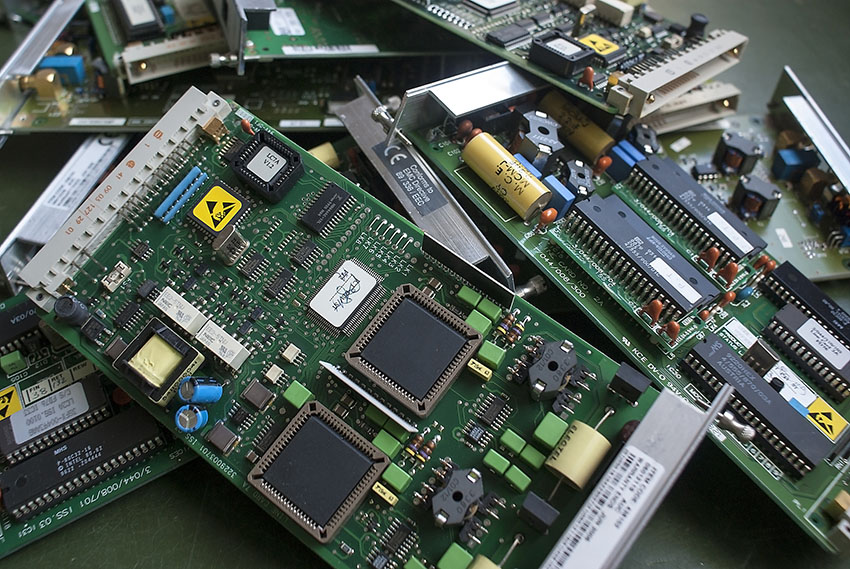 A Canadian e-scrap technology company has received over $700,000 after pitching its hydrometallurgical process on a reality TV show.
A Canadian e-scrap technology company has received over $700,000 after pitching its hydrometallurgical process on a reality TV show.
 The Basel Action Network (BAN) has released a report stating two Canadian companies have exported end-of-life electronics to Hong Kong and Pakistan.
The Basel Action Network (BAN) has released a report stating two Canadian companies have exported end-of-life electronics to Hong Kong and Pakistan.
